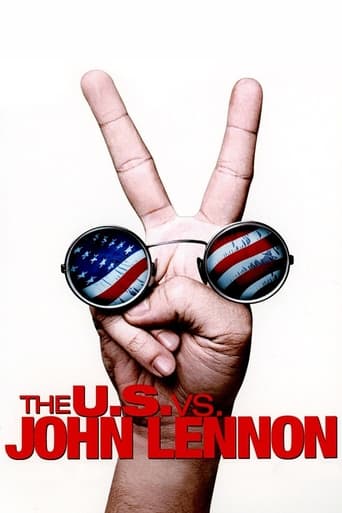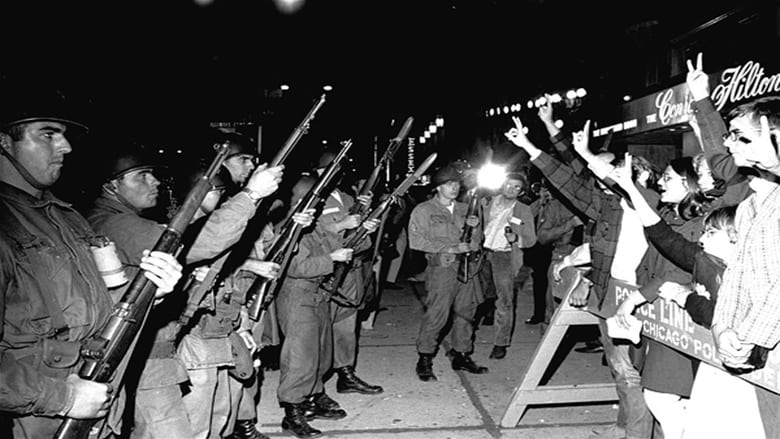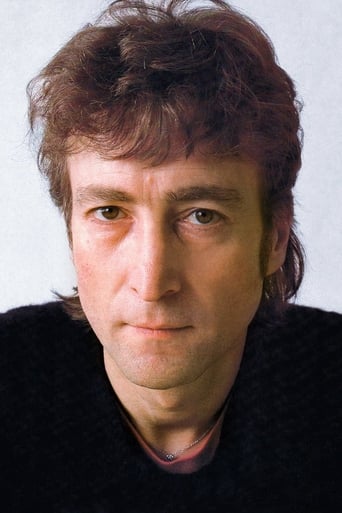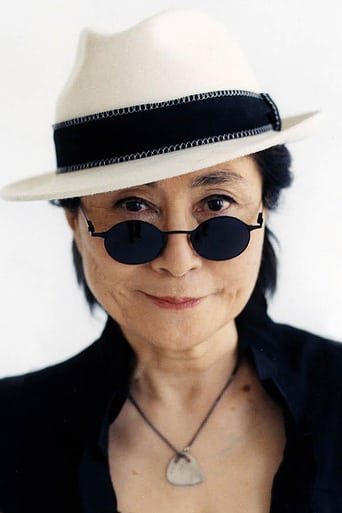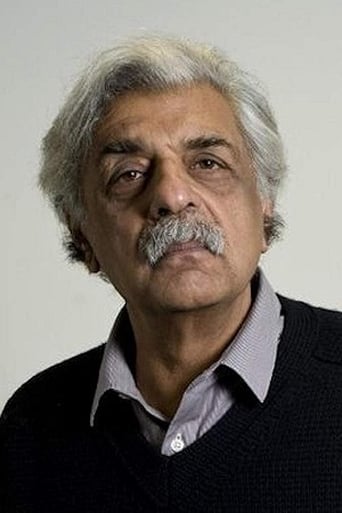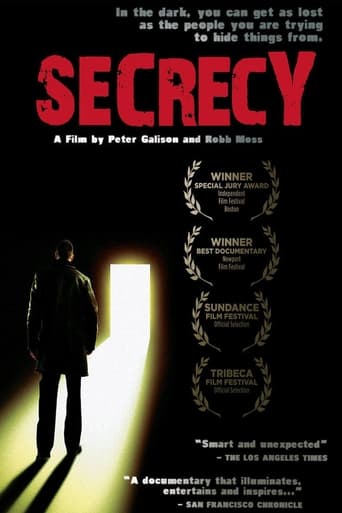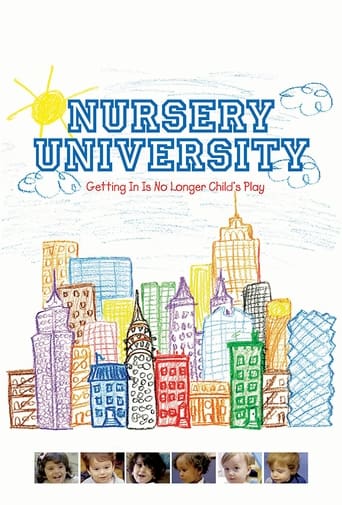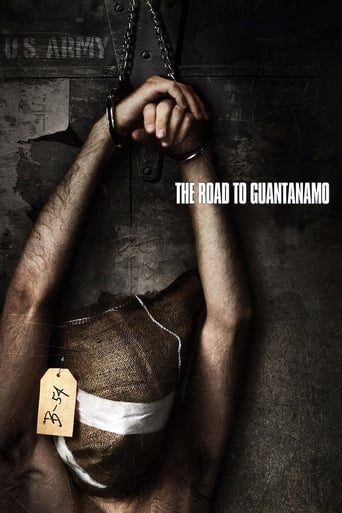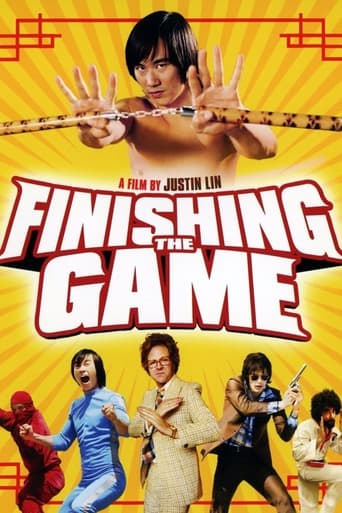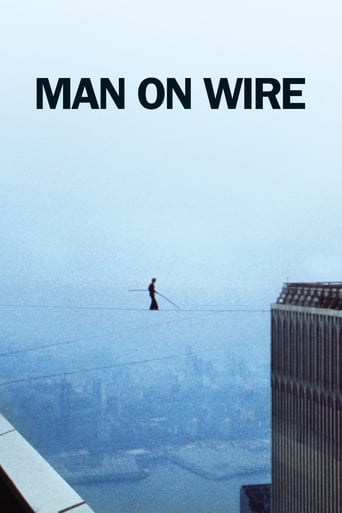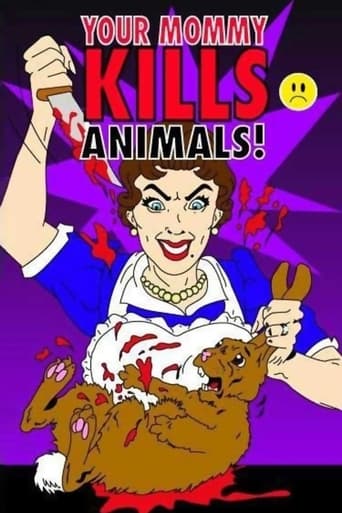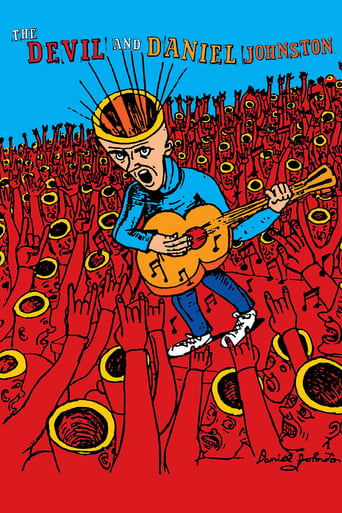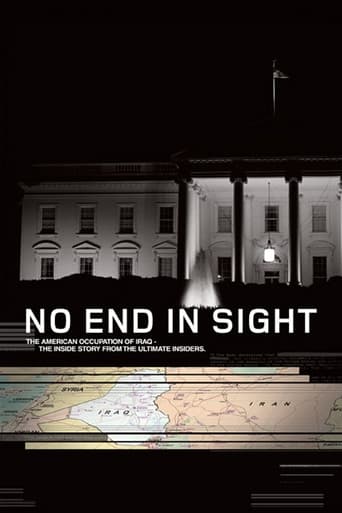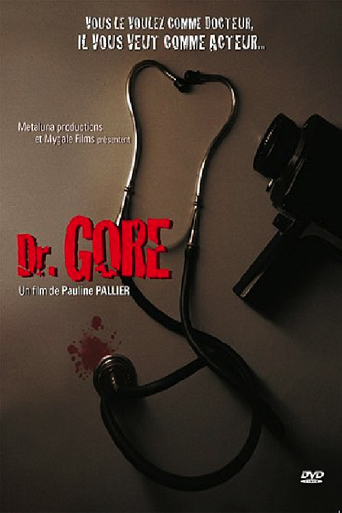The U.S. vs. John Lennon (2006)
A documentary on the life of John Lennon, with a focus on the time in his life when he transformed from a musician into an antiwar activist.
Watch Trailer
Cast


Similar titles
Reviews
The central premise of The US vs John Lennon (the latter as described in the Departed, of all movies, semi-sarcastically as "the president before Lincoln") is that public figures are always up for grabs if they come out on either side of the fence. Lennon was fervently anti-war- if very unsure about going all the way into the dangerous political zone (hence not going, wisely enough, to the violent demonstration that happened at the 1972 Republican convention)- and because of his connection with various people like Jerry Rubin and Abby Hoffmann, as well as questionable ties with the Black Panthers, he was monitored openly, and threatened with deportation for a bogus pot arrest in 1968. Nixon, meanwhile, was one of the all-time nut-job presidents when it came to the military, who ran in 68 on an "I'll-end-the-war-honorably" ticket and instead kept the war going for years, including invading Cambodia.Many of the facts brought up in this documentary aren't new, especially to those who were alive during the time it happened and the media went all over Lennon (so it goes in today's tabloids as well, only here it was some kind of real news). But they are presented compelling enough so that they can offer up some bits of insights for newer audiences to Lennon's music and politics. To be sure, it is a slanted argument, but slanted for the right reasons (you're bound to not find anyone in a doc like this saying "oh, Vietnam, not so bad", unless maybe Liddy). Yet the argument holds strong throughout, about the nature of political practice and the ideals of changing things not going well with the establishment. And there are questions raised for the audience, if not directly: should Lennon, who technically wasn't American, be apart of a movement that was going on, or just stuck to doing his songs and music? (The filmmakers, by the way, wisely cut out much at all to do with the Beatles, albeit they kind of skirmish past the whole issue of "Beatles bigger than Jesus" when it's presented more as a footnote of the outspoken side of Lennon than connecting to the main focus).It's interesting though to see the footage of the "bed-in", when Lennon and Ono did almost a kind of tour of protest-by-lethargy, and had the press in there as part of the ironic-not-quite-joke of the matter. And there's also fascination in seeing Lennon describe, candidly in archival interviews, the toll the media blitz and upheaval from the government had on him. Only towards the end do the directors start to waver the attention a little bit, even as it is, to be sure, part of the story of Lennon and his eventual tragic death in 1980. But the core idea behind the documentary is one that will always pose something that the viewer should look for: what is it about two unlikely connected figures- popular celebrity musician-cum-activist and one of the craziest presidents this country ever had- that still seems relevant today? Can people take away anything from Lennon's struggle with the powers-that-be? It might be a little obvious (i.e. getting past apathetic stances and doing nothing to just trying to do 'something'), but the point is made nonetheless in the film, and not in a manner that is too schmaltzy or heavy-handed. Just make sure you don't have a BS drug bust to worry about.
For how revolutionary the subject matter is, there's little revolutionary about this bland doc (except maybe the cool graphics). Revelations about Nixon and Hoover's attempt to deport Lennon are very interesting and are heightened by his lawyer's appealing interviews, but that takes up only about a half hour of the film. The first 45 minutes is setting up ground work: who John was and what was going on at the time. While this would probably be appealing for a teenager, for those of us who lived through the era it's pretty simple stuff. Once everything is wrapped up pretty nicely the last 20 minutes are spent on his death, without fully describing the details of it. The teenagers who were educated by the first forty minutes are then left feeling that his death had some connection to the persecutions he received in his life I assume this is done to intensify their argument. When in reality, the tragedy of his death was exactly that it was for no reason at all. Just like in the 60s and 70s, Lennon is still being used as a puppet.
John was always my favorite of the Beatles. His lyrics always attempted to make complex issues easier to understand. He was also a true artist and one of those rare individuals that never rested on the familiar, but strove to explore the human situation. That's why Yoko was the perfect partner for him. She was and still is an artist that traveled the same wavelength as John. They were true soul mates and this film helps to reinforce that truth to the world.Today, we are faced with a political machine that perverts the media to twist the truth in such a way that it is indistinguishable from fiction (for more on this subject read Al Gore's latest book; The Assault on Reason). This movie does a very good job at showing the heavy handed genesis of how a dissenting opinion is viewed today.In today's American climate, the actions of John Lennon would have been discredited and actively smeared. That's not to say that the 'establishment' of the time didn't attempt to discredit and smear John's actions, but things have changed in today's climate. Basically, I see the biggest difference between the '70s and today is this; In the 70s, a peaceful message was hard to counter. Today, a peaceful message is vilified as being simplistic or unpatriotic or forwarding a 'liberal agenda'. In fact, this movie goes a long way to the unmasking of the fact that peace, love, and non-violence are at the core of most religious and spiritual philosophies. The movie highlights a truth espoused by many great individuals; that non-violent protest it the higher road to truly effective change, because violence will always be responded to with more violence.The US vs John Lennon is a wonderful documentary that gives us a window to our past and highlights a period in the life of a truly good man. John Lennon had his flaws, as all humans do, but he was an intelligent artist who had the foresight to use his celebrity status for a noble cause. We need more John Lennons in this world. We have too many celebrities that squander the public eye in a never ending cycle of rehab and tabloid sensationalism. At least when the Ono-Lennons took off their clothes, it was to make an artistic statement.I miss you John. Thank you Yoko for keeping his memory alive.
There is a lot that I love about John Lennon, and a lot that I don't like much about him. I was interested in this film initially, but was not all that impressed. I'll try to explain my problems with it. I suppose I should start by saying that it is not all bad, but anybody who looks at this as "the" documentary on Lennon is grossly misinformed.In a nutshell, nearly everything in the film had all been said before. It was the first time I felt like I was watching a remake of a documentary! Some people claimed that it was the first time this part of Lennon's life was shown in a documentary, but there was absolutely nothing in this film that hadn't been said elsewhere, be it on film or in a book.I hated the overused "talking-heads" format. I had no need to hear what Gore Vidal had to say, particularly when he went on about Lennon representing "life" and Nixon and George Bush representing "death". Whatever. I'm not their biggest fan either, but that was pure sensationalism. It's not clear which Bush he was talking about, but Vidal takes every chance he gets to make pompous, oversimplified statements like that.Geraldo Rivera? You've got to be kidding! I just wasn't always sure if the film had anything more to say than "John Lennon ruled and Richard Nixon sucked." Does anybody who is going to see this film really need to be told that to the degree that this film tells the audience? While I'm at it, I hated the film's ad campaign. It centered upon the above Vidal quote and counted on people who didn't do their own thinking to applaud it as wholly original and profound. The fact that it bastardized "War Is Over... If You Want It" by making it the film's tagline irritated me, especially since the film wasn't supposed to be about war! Even if you read into it and say that it was about a war between Nixon and Lennon, I still say that's a flimsy reason.David Leaf is usually much more impressive than this. I, for one, value his work as Brian Wilson's biographer. This film, however, just seemed to be capitalizing on the current documentary craze. It used to be that a viewer could be enlightened and educated by almost every documentary that made its way into cinemas. Not anymore, though. This one simply staples together other, BETTER documentaries about the same stuff. Want to learn about Lennon? Read a book. Watch better Lennon documentaries like Imagine: John Lennon. That film wasn't perfect either, but at least it showed John at his best and at his worst. The U.S. vs. John Lennon is simply John worship that spends so much time treating him like a legend, it forgets to treat him like a man.I probably would not have felt so negatively had I seen this one on television instead of in a cinema. It was partly produced by VH1, and that's really where it belongs. At least on VH1, it can be taken with a grain of salt alongside I Love the 80s: 1982 and Flava of Love. (Okay, okay, that last part was pretty low, I admit it. I apologize.) I can't say that I hated the whole thing. There were some pretty interesting interviews, particularly the one with John Sinclair. His contribution was the best part of the film. They also made at least some efforts (i.e. two or three I think) to bring in opposing viewpoints so they could say they were being objective.Above everything else, it is always a pleasure to listen to Lennon, even when he wasn't thinking much about what he said. Yes, friends, even Lennons make mistakes. Either way, his interviews were pretty well used in this film. I walked away really wishing that John were still around to state his case for himself retrospectively.

